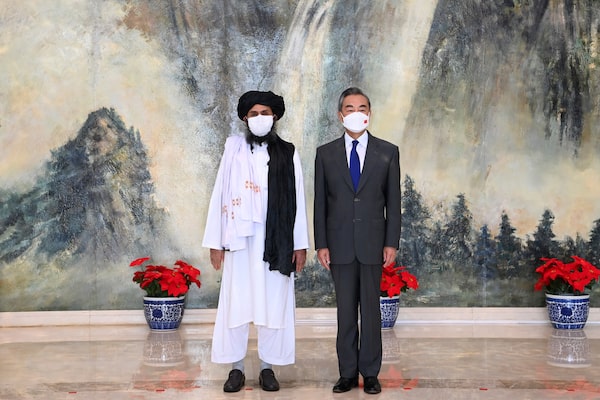
Taliban co-founder Mullah Abdul Ghani Baradar, left, and Chinese Foreign Minister Wang Yi pose for a photo during their meeting in Tianjin, China.Li Ran/The Associated Press
China has welcomed the Taliban takeover of Kabul as the “will and choice of the Afghan people,” with state media relishing Washington’s humiliating, botched withdrawal from Afghanistan.
Unlike many Western countries, China has not closed its embassy in Kabul and appears poised, alongside Moscow, to be among the first major powers to recognize a Taliban-led government.
Before the sudden collapse of the U.S.-backed Afghan government, Beijing’s representatives had been involved in peace talks with the Taliban in Doha, alongside officials from the United States, Russia and Pakistan.
Merkel warns Western countries must offer aid to Afghans fleeing Taliban or risk refugee crisis
The strategy for Afghanistan went off course long before the U.S. exit
Now China and its allies are likely to have far more influence over whatever government emerges in Afghanistan in the coming days or weeks than Washington, which has spent two decades fighting the Taliban. This new geopolitical reality appeared to be acknowledged by U.S. Secretary of State Antony Blinken, who called his counterparts in China, Russia and Pakistan on Monday as evacuations continued in Kabul.
But while Beijing may revel in the replacement of a U.S. client with an avowedly anti-American government, there were signs of nervousness among some Chinese officials about the potentially destabilizing effect a Taliban-controlled Afghanistan could have on the region.
Beijing has long blamed unrest in its northwestern Xinjiang region – where China has been accused of widespread human-rights abuses against the predominantly Muslim Uyghur population – on terrorist groups said to be operating in the border regions of Afghanistan.
In the call with Mr. Blinken, Chinese Foreign Minster Wang Yi blamed the U.S.’s “sudden withdrawal of forces” for creating a “serious negative impact on the situation in Afghanistan.”
Mr. Wang said China “is willing to communicate and dialogue with the U.S. on the situation in Afghanistan, so that the country will no longer have a new war or humanitarian disaster.”
Beijing’s deputy envoy to the United Nations warned Monday that “Afghanistan must never again become heaven for terrorists.
“This is the bottom line that must be held firmly for any future political solution in Afghanistan,” Geng Shuang told an emergency meeting of the Security Council.
In July, Mr. Wang met with Taliban co-founder Mullah Abdul Ghani Baradar and urged the Islamist group to “make a clean break with all terrorist organizations … and resolutely and effectively combat them to remove obstacles, play a positive role and create enabling conditions for security, stability, development and co-operation in the region.”
According to a Chinese readout of the meeting, Mr. Baradar “said China has always been a reliable friend of the Afghan people and commended China’s just and positive role in Afghanistan’s peace and reconciliation process.”
He promised that the Taliban “will never allow any force to use the Afghan territory to engage in acts detrimental to China.”
Analysts agree that security is the primary concern for Beijing when it comes to Afghanistan, and that while the Taliban may see China as a potential investor and trade partner, any economic engagement will come a distant second.
Writing this week, Raffaello Pantucci, a senior fellow at the S. Rajaratnam School of International Studies in Singapore, said “China has played a surprisingly limited economic role in Afghanistan until now, and it is hard to imagine this is going to abruptly change in the face of instability implicit in the wake of the Taliban takeover.”
Beijing is already facing terror threats to infrastructure projects in Pakistan – where Islamabad has blamed a recent suicide attack that killed nine Chinese nationals on a branch of the Pakistani Taliban – and will be wary of getting sucked into the security vacuum left by the U.S. withdrawal from Afghanistan.
Mr. Wang said in a call this week with his Russian counterpart, Sergey Lavrov, that the situation in Afghanistan indicates “that military intervention and power politics enjoy no popular support and are doomed to fail.”
Indeed, much of the coverage of the U.S. withdrawal in Chinese state media has focused on the futility of the 20-year NATO campaign and pronouncements that Beijing will not follow the U.S. into the “graveyard of empires” – as Afghanistan is known.
“Whether it is in Iraq, Syria or Afghanistan, wherever the U.S. military goes, it leaves behind turbulence, chaos, broken homes and a devastated mess,” Chinese Foreign Affairs Ministry spokesperson Hua Chunying said Tuesday. “The strength and role of the U.S. lie in destruction, not construction.”
In an editorial, state-run tabloid Global Times said Beijing “has no will to fill the vacuum the U.S. has left behind in Afghanistan. The principle of not interfering in the internal affairs of other countries is always guiding China’s foreign policy.”
Other state media editorials and stories held up Washington’s failure to prop up its allies in Kabul as a lesson to Taiwan, which depends on U.S. military support to stave off invasion from China. Some also seized on a tweet about Afghanistan by U.S. Senator John Cornyn that erroneously claimed the U.S. has 30,000 troops in Taiwan, which the Global Times said would be tantamount to “an act of declaring war on China.”
Our Morning Update and Evening Update newsletters are written by Globe editors, giving you a concise summary of the day’s most important headlines. Sign up today.





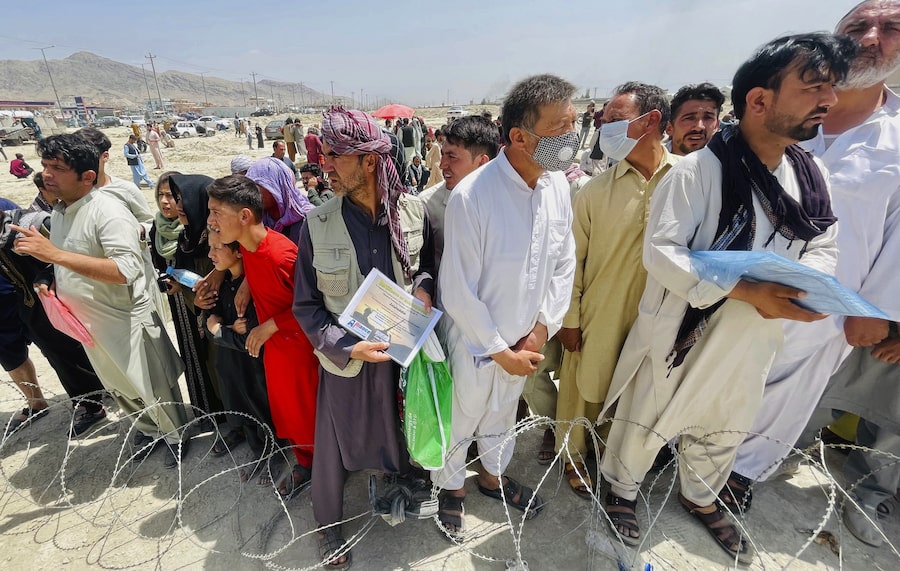

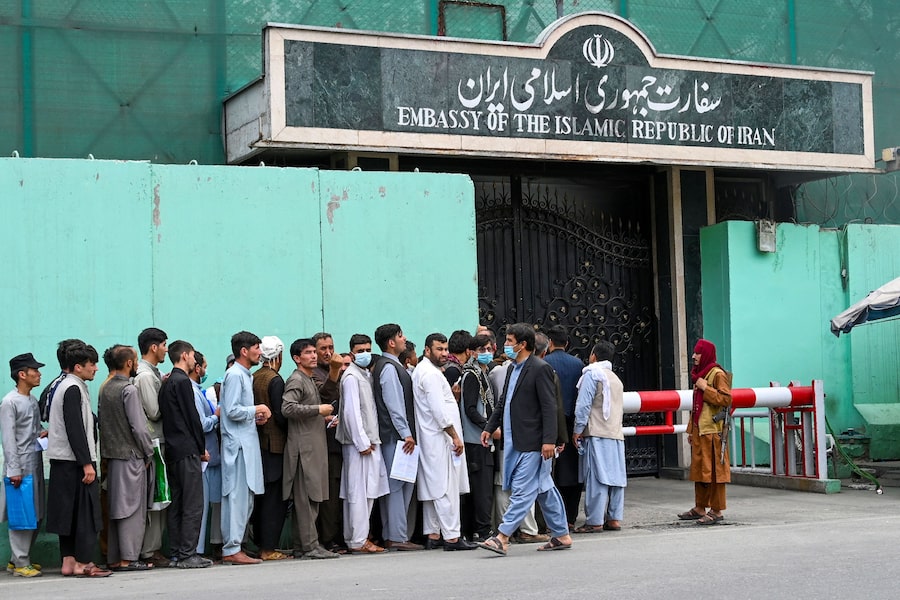
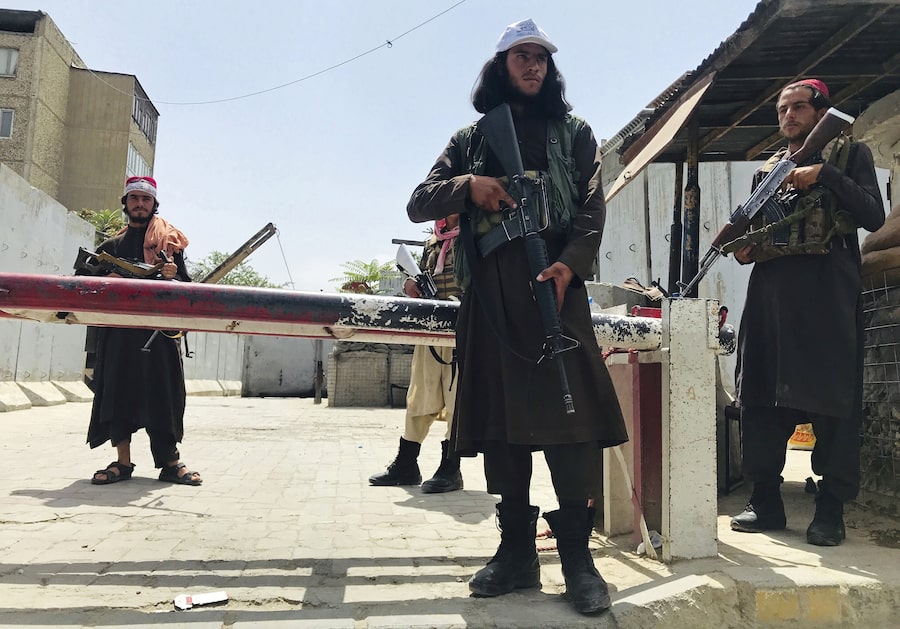


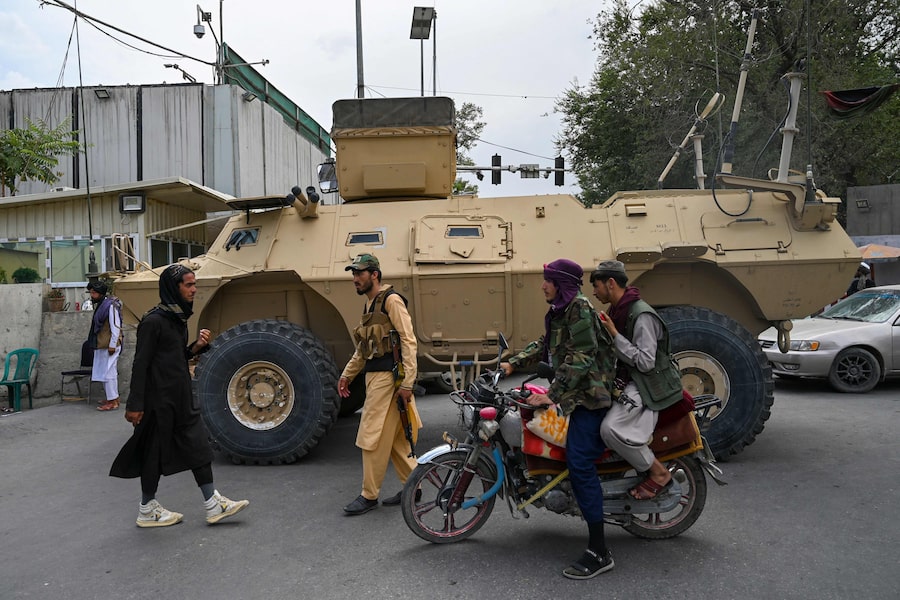
 James Griffiths
James Griffiths